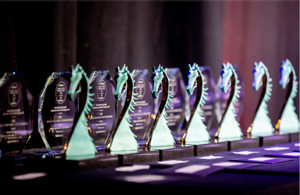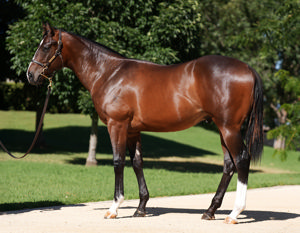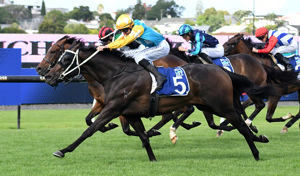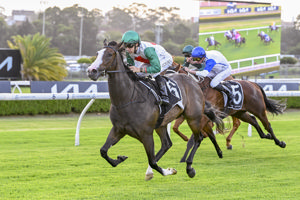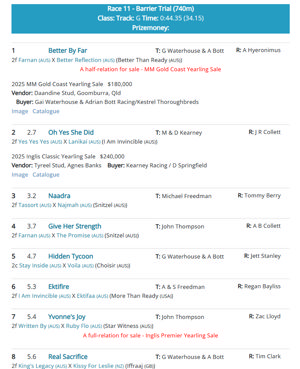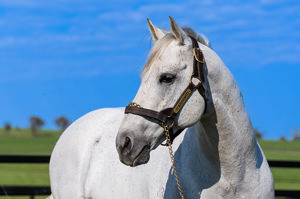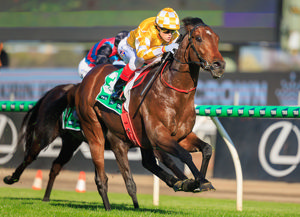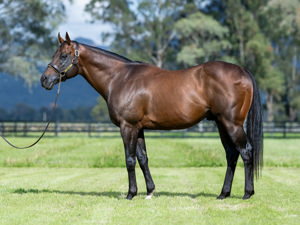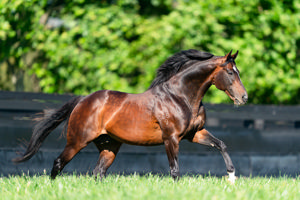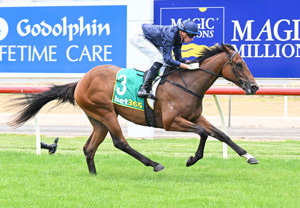Racing Australia’s Research and Development Fund today announced in conjunction with the Equine Genetics Research Centre (EGRC) and Telemedvet, a combined investment of over $400,000 into a 12-month project to perform a cross-sectional study of a serum biomarker in the clinical investigation of equine musculoskeletal injuries.
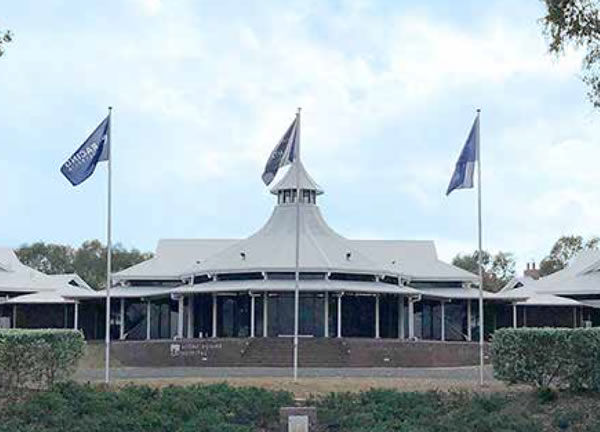
This commitment may lead to real time capabilities that can aid in the prevention of injury to horse and jockey.
The aim of this project is to investigate the use of a serum bone biomarker called Osteocalcin (OC) as a predictor of equine lameness and fractures. Leading global equine geneticist and Director of the Equine Genetics Research Centre, Dr. Natasha Hamilton, explains the importance of this research:
“Pilot studies have shown a correlation between OC level and abnormal radiomic scintigram findings that can indicate a horse is at elevated risk of catastrophic fracture. This study will investigate whether OC is an effective biomarker to identify at risk horses in a broader population. We are very excited to be able to support this work.”
The research team is being led by Prof. Dominique Blache, Researcher/Professor, School of Agriculture and Environment, University of Western Australia and a team of co-investigators lead by Telemedvet’s Dr. Peter Tually, Co-director and Nuclear Medicine Practitioner who has a vision of applying cutting edge nuclear technology to Thoroughbred welfare outcomes:
“Our passion for horse racing and a lifelong dedication to science and advanced imaging has given us a unique perspective. The support of trainers has been essential and has shown us the enthusiasm the industry has for modern advancements. To be supported by the regulators in this important research is something we are immensely proud of.”
The Racing Australia Research and Development Fund is industry supported with $20 from every Thoroughbred registration contributing to the fund’s investment capabilities. All research projects are assessed under strict criteria and in line with Racing Australia’s commitment to horse welfare. Racing Australia CEO Paul Eriksson explains:
“Racing Australia has a national role and firm commitment to advance research and development to enhance and support positive welfare outcomes for athletes both human and horse. The Racing Australia Research and Development Fund and the EGRC led by Dr Natasha Hamilton is excited to invest in research that takes steps in assessing the risk of fractures to mitigate injuries and support trainers in managing the training schedules of their equine athletes.”
About Dr Natasha Hamilton: Dr Hamilton has a PhD in equine genetics and previously was an experienced lecturer at the Faculty of Veterinary Science, Sydney University. She is the Chair of both the International Federation of Horseracing Authorities (IFHA) Gene Doping Control Sub-Committee and the International Horse Sports Confederation (IHSC)’s Gene Doping Expert Committee (GDEC) and is a member of the IFHA Advisory Council on Equine Prohibited Substances and Practices, World Anti-Doping Agency (WADA) Gene and Cell Doping Expert Advisory Group and the International Stud Book Committee (Genetics Sub-Committee).
About Prof. Dominique Blache: Dr Blache has completed his PhD in Neurosciences at INRA in France and the AFRC Neuroendocrine Laboratory at Babraham in the UK. Dr Blache was awarded a Postdoctoral Fellowship from the University of Western Australia and then joined UWA. Dr Blache has worked on projects funded by the Australian Research Council, Meat and Livestock Australia, Australia Wool Innovation and the French, Danish and Norwegian research agencies.
About Dr. Peter Tually: Dr Tually is the co-founder (2005) and owner of Telemed, a Nuclear Medicine practice. A former 40 under 40 winner and Telstra Business Awards Finalist he is also co-founder and past president of RAINS (www.rains.asn.au) and a fellow of the Australian College of Health Informatics in 2018. Dr Tually’s PhD ongoing research is focused on biomarkers and secondary prevention in cardiovascular disease in rural communities.

